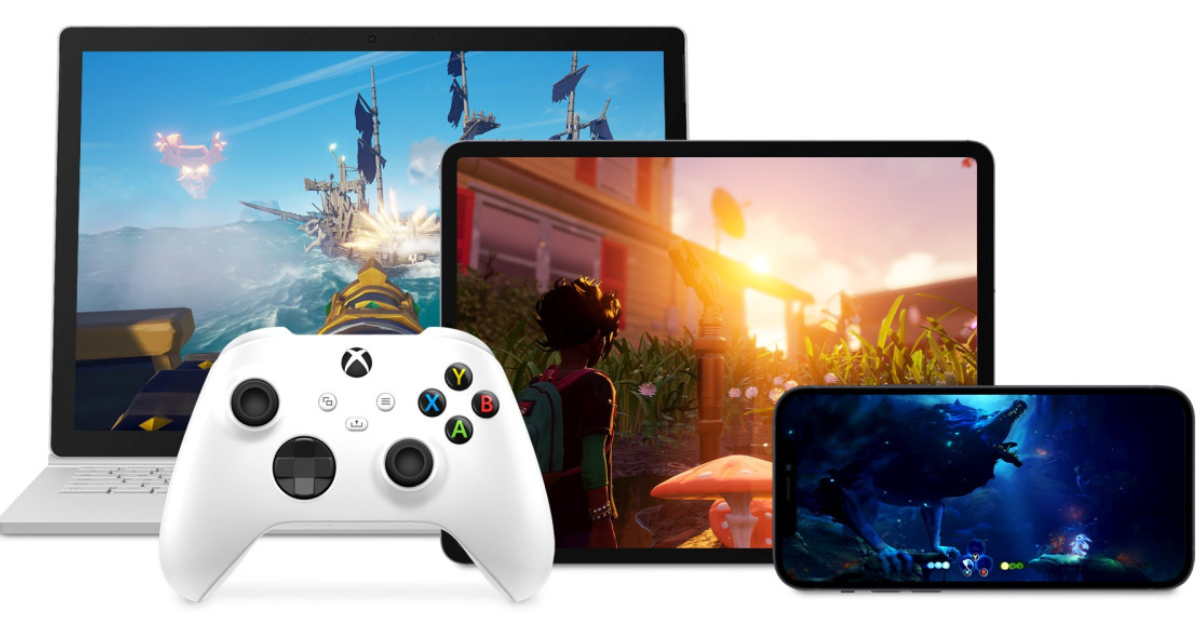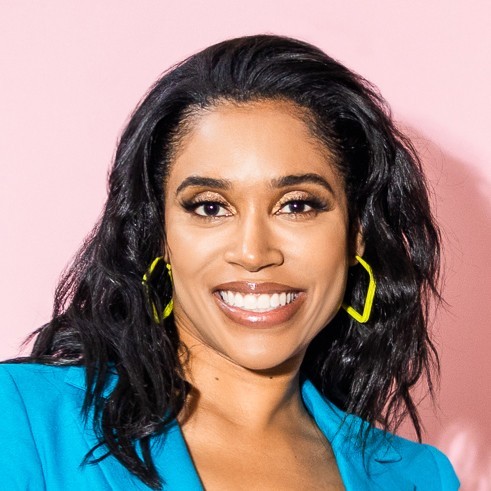Microsoft sees cloud gaming as "just a console feature" for Game Pass users, rather than separate market
Sarah Bond, Xbox’s corporate vice president of gaming, has shared details about Xbox Cloud Gaming at the FTC v. Microsoft hearing. It seems that this feature is unprofitable for the company.

Bond was cross-examined at yesterday’s hearing in the US Federal Trade Commission v. Microsoft case. According to IGN, she clarified that Xbox Cloud Gaming is the least popular feature among Game Pass Ultimate subscribers — to the point when it currently runs at a loss for Microsoft.
What we’ve found is that it’s really being used by our players as a feature for the console. Because what people can do is when you go in to start playing a game, instead of waiting to download it, you can start playing it right away while it’s downloading in the background, and that’s actually the majority of the usage of xCloud gaming today, is it’s just a console feature. Corporate VP of gaming at Xbox
Speaking about the perception of cloud gaming as a separate market, Bond noted that it is more a delivery mechanism primarily used on Xbox consoles, rather than on PC or mobile. “The games that are being streamed are games built for the console, but they’re being streamed to a different device, so it’s not always the best player experience,” she said at the hearing.
So Microsoft is now trying to convince the court that:
- Cloud gaming shouldn’t be considered a separate market, but as a part of a broader games market;
- xCloud is an unpopular feature as part of the Game Pass subscription rather than a full-fledged service.
Microsoft’s potential dominance in the cloud gaming market became the main argument that the UK’s Competition and Markets Authority used to block its Activision Blizzard acquisition in April. New Zealand regulators also raised cloud gaming concerns, saying that the merger could result in Microsoft “either partially or fully foreclosing its rivals in cloud gaming, such as Sony or NVIDIA, from accessing certain Activision content, and in particular the game Call of Duty, to the detriment of competition in cloud gaming.”
In May, it was also revealed that Xbox Cloud Gaming generated less than $50 million in 2021. However, the CMA’s report suggests that it will become the “largest cloud gaming service by revenue in 2026” with $450 million.
In its appeal against the CMA’s blocking decision, Microsoft argued that cloud streaming services and native gaming are substitutable. So if customers can switch between them, they are both part of the broader games market, which makes the UK regulator’s position flawed.
Despite regulatory pressure in the UK and US, Microsoft’s acquisition of Activision Blizzard was approved by the European Commission. It noted that the company’s 10-year licensing deals with Nvidia, Boosteroid, and other cloud gaming rivals “fully address the competition concerns identified by the Commission and represent a significant improvement for cloud gaming as compared to the current situation.”
